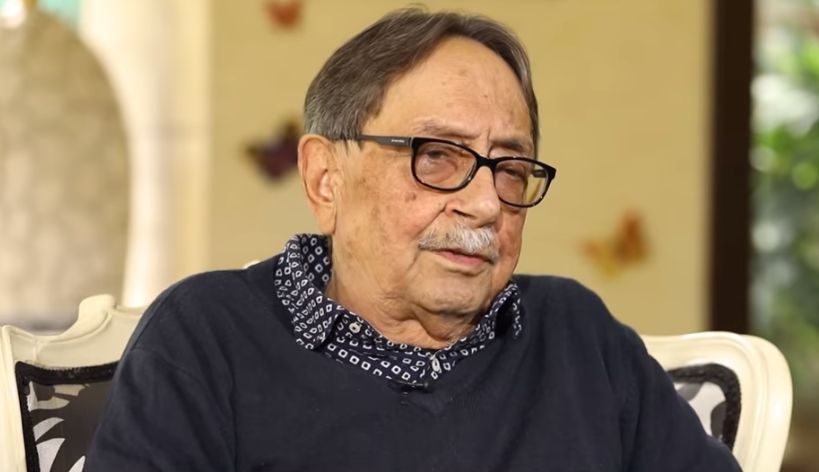‘Unnecessary, Uncalled For’: Former R&AW Chief AS Dulat On Bid To Amend Article 370
Aug 7, 2019 | PRATIRODH BUREAUSpeaking to Mumbai Mirror, Dulat said that “the abrogation of Article 370 was not required.”

Speaking at the ongoing Jaipur Literature Festival, Dulat maintained that there was no need to scrap Article 370 of the Indian Constitution that gave special status to Jammu and Kashmir, saying there was nothing left in it and it was only a "fig leaf" (Image: PTI)
“You can turn Jammu and Kashmir into a police state or a military state, but even the most severe of such treatments – like Palestine under Israeli treatment — has shown that this doesn’t stop violence.”
Amarjit Singh Dulat, the former special director of the Intelligence Bureau and the former chief of the Research and Analysis Wing (R&AW), speaking to Mumbai Mirror on August 6, said that “the abrogation of Article 370 was not required.”
Dulat told Labonita Ghosh of the daily that since 1947, the government of India has tried to mainstream Kashmiris, and “we have succeeded in this to a very large extent”. He noted that Article 370 had become a hollow provision — “merely a fig leaf. But what was the need to remove the fig leaf and create provocation?”
Dulat said that things had been going downhill in Kashmir since 2014, adding that the BJP-PDP alliance in 2015 did no good for the Valley and that it didn’t work from “day one”.
“One had hoped that the 2014 elections — and the coming together of the BJP and the PDP — would bring Jammu and Kashmir together, but it did not, he said.
He expressed concerns over possible repercussions in the wake of the Centre’s bid to abrogate Article 370: “We might see an upswing in violence — not only in Kashmir but just about anywhere.”
“This situation gives one an uneasy feeling,” said Dulat, “because it was unnecessary and uncalled for.”
He felt that the move was conducted in an “autocratic manner”, adding, “I don’t believe force, or the sending in of so many troops, was required. (The BJP government feels) that it must use force where force is required; that is has been soft (on Jammu and Kashmir) for so long that now it needs to use the stick. It has been using the stick since July 2016.”
Dulat said that if the Centre wanted to revoke Articles 370 and 35A, it could have just done so in Parliament, and without putting the state under curfew, it’s leaders under detention and blacking out communication. “The Kashmiri psyche has been severely affected, and we can now say goodbye to Kashmiriyat… I was one of those who believed that Kashmiriyat was very much alive; today, we’ve buried it,” he lamented.
